By Kelsey P. Norman for Denver Dialogues.
On April 3, 2018, just prior to the start of the annual meeting of the International Studies Association (ISA) in San Francisco, I co-organized (along with Dr. Hans Schattle) a working group titled “Cities and the Contentious Politics of Migration,” co-sponsored by the Ethnicity, Migration & Citizenship and International Ethics sections. The idea behind the workshop arose from the previous year’s ISA meeting in Baltimore, which took place just weeks after President Trump’s first issuance of the now infamous ‘Muslim Ban.’
This year, with San Francisco’s role as a historic and contemporary sanctuary city and its ongoing battle with the federal government, we decided on a theme that examined the role of cities as sites of migration politics, local integration, and contention. Some of the questions we wanted to address included: How do migrants and refugees benefit urban environments? What challenges do they pose to political or community coherence? What are the inherent tensions among federal-level, state-level, and city-level migration policies? And how do civil society actors and networks advocate for migrant and refugee rights within today’s politics of migration?
In addition to ten academic participants from universities in the United States, United Kingdom, Germany, Canada, and South Korea, we had two representatives from civil society organizations based in the Bay Area, one from an initiative in Dayton, Ohio, and a representative from the San Francisco Mayor’s office.
It’s difficult to describe how eye opening it was to hear from non-governmental and governmental actors either engaging in advocacy or implementing local initiatives on the ground. The environment in which these organizations operate is not just contentious; it is essentially a war between these groups and ICE that is being waged in detention facilities, in courtrooms, and in local neighborhoods.
One particular story that struck all the academic participants was told by a representative of the Northern California Rapid Response & Immigrant Defense Network, a collaborative effort by immigration and civil rights advocates to respond to immigration enforcement actions in Northern California. At the beginning of March, the network was contacted by family members of individuals who had been detained by ICE in the Bay Area. The network is structured in such a way that once it learns where those detained by ICE are taken, it can dispatch members of the network closest to the detention facility in order to offer legal aid and assistance. But ICE knows about the strength of this network—and other civil society actors—throughout the Bay Area. To prevent access to the detained, ICE relocated the individuals to a detention facility in Central California where there is much less NGO presence. In another recent incident, ICE pressured detainees into waiving their rights and signing deportation documents without allowing them to consult with available pro bono attorneys. In other words, ICE is learning and evolving its tactics.
As a scholar, I immediately thought of the research implications of this story. These are the sorts of tactics used against political detainees in authoritarian states; this is not ‘supposed’ to happen in a country with a strong rule of law. Incidents like these should force us to ask: Are there any meaningful differences between so-called democratic states and authoritarian countries when it comes to irregular migration? It may be time to reconceptualize the approaches we use to study strategies that states use against irregular migrants, as well the responses that civil society or local governmental actors develop to counter repressive policies.
Of course, potential theoretical implications like these are only a tangential benefit to this type of discussion. This meeting was not primarily about developing academic research agendas, but about the interactions between scholars and practitioners that can result in meaningful, engaged scholarship.
Ultimately, after convening this recent workshop in San Francisco, I believe more than ever that as an academic community we need to think about how to better amplify the voices of individuals and groups doing work on the ground that combats discrimination, inequality, racism, or violations of due process. How can we be better partners, and what can we do to incorporate these voices into our discussions, meetings, and publications, while also respecting the time-constraints of organizations or officials doing work on the ground? This is a question worth asking as we head into a new year of conferences and, hopefully, cross-sectoral engagement.

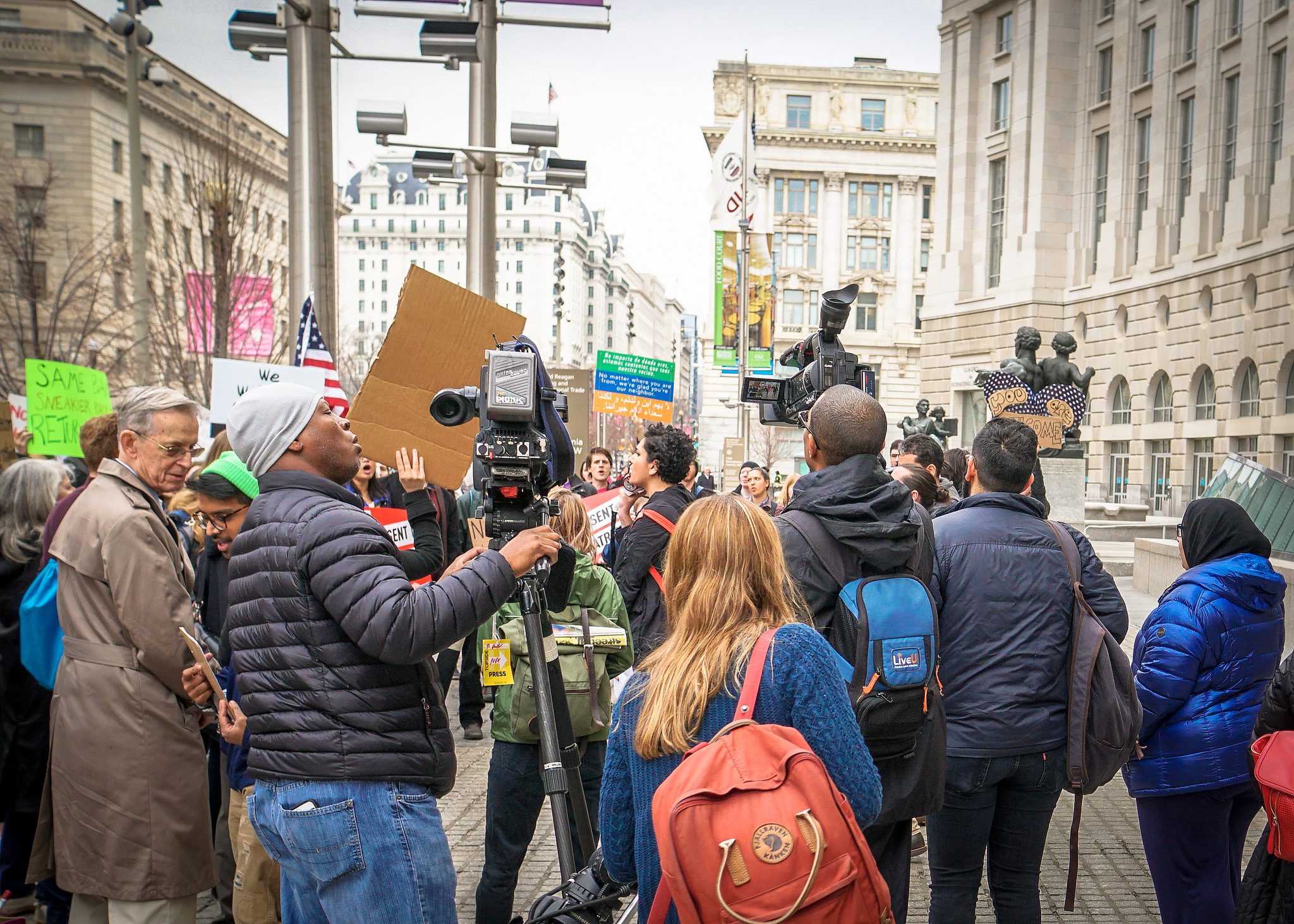
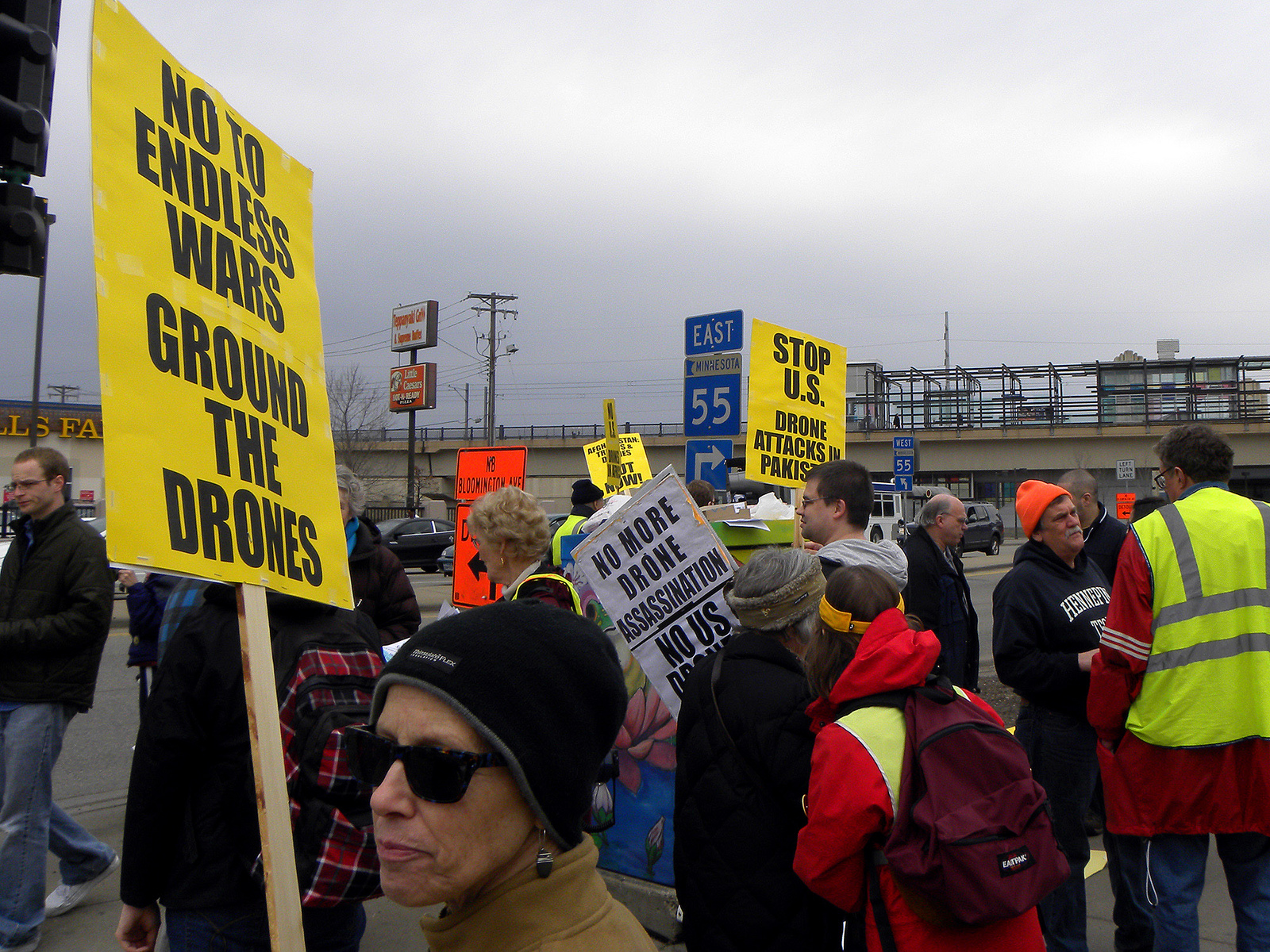
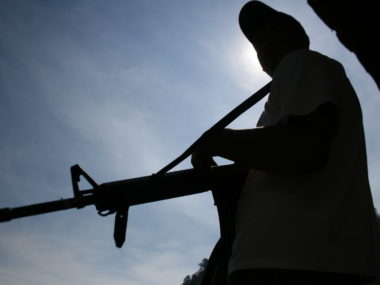
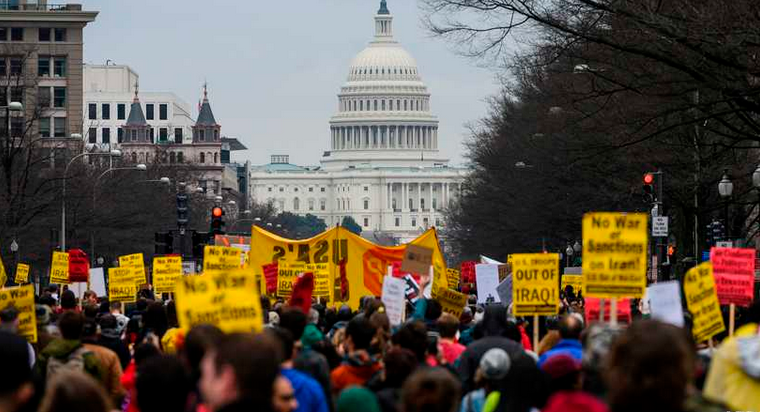
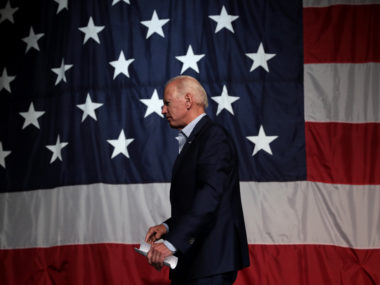

1 comment